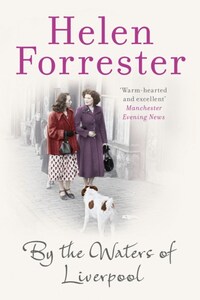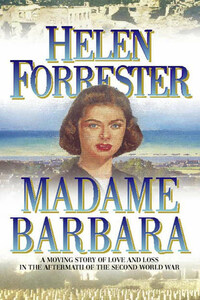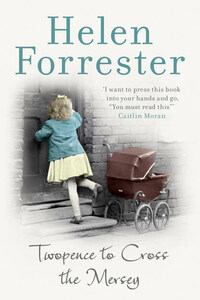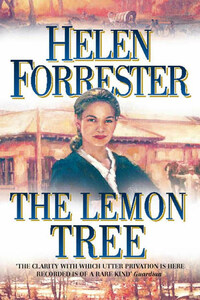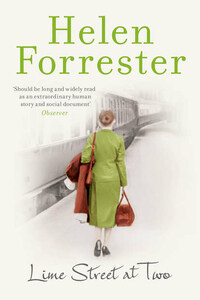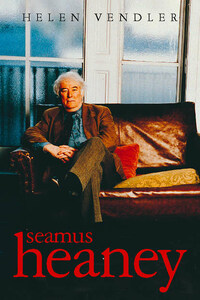Published by HarperCollinsPublishers Ltd
The News Building
1 London Bridge Street
London SE1 9GF
www.harpercollins.co.uk
First published in Great Britain by HarperCollinsPublishers 2012
This edition published by Harper 2016
Copyright © the estate of Jamunadevi Bhatia 1985
Cover layout design © HarperCollinsPublishers Ltd 2016
Cover photograph © Bert Hardy / Getty Images
HarperCollins has made every effort to find copyright holders and obtain permission for the use of copyright material in this book. If any material has been used without the owner’s permission please contact HarperCollins and we will give appropriate in future reprints or editions of this book.
Helen Forrester asserts the moral right to be identified as the author of this work.
A catalogue copy of this book is available from the British Library.
This novel is entirely a work of fiction. The names, characters and incidents portrayed in it are the work of the author’s imagination. Any resemblance to actual persons, living or dead, events or localities is entirely coincidental.
All rights reserved under International and Pan-American Copyright Conventions. By payment of the required fees, you have been granted the non-exclusive, non-transferable right to access and read the text of this e-book on screen. No part of this text may be reproduced, transmitted, down-loaded, decompiled, reverse engineered, or stored in or introduced into any information storage and retrieval system, in any form or by any means, whether electronic or mechanical, now known or hereinafter invented, without the express written permission of HarperCollins.
Source ISBN: 9780008180935
Ebook Edition © Dec 2016 ISBN: 9780007369300
Version: 2016-11-17
I was seventeen going on eighteen, and I had never been kissed by a man. It was not surprising. Who would want to court the favours of a gaunt, smelly beanpole? I was five feet four inches tall, and that was real height in underfed Liverpool.
As I strode primly along Lime Street, on my way to evening school, the men who hung about the entrances of the cinemas hardly spared me a glance. I was most unflatteringly safe. And this, in a world where women still took it for granted that they would get married, was very depressing. Girls did not look for careers – they worked until they got married. If a woman was not loved and cherished by a man, she must be hopelessly ugly or there must be something else wrong with her.
I tried not to care that no young man had so much as winked at me. I stuck my proud Forrester nose in the air and vowed to make a career for myself as a social worker in the Charity which employed me. Dorothy Parker, the famous American writer, had once remarked that men seldom make passes at girls who wear glasses; and I had a pair of too-small horn-rimmed spectacles perched on my nose. There was nobody to suggest to a shy, shortsighted girl that she might occasionally take off the ugly impediment to show the sad, green eyes behind.
‘Perhaps your yellow skin will improve, as you get older,’ my childhood Nanny, Edith, had suggested; and she scrubbed my face harder still with Pear’s Preparing To Be A Beautiful Lady soap. To no purpose. All time and our subsequent poverty had done was to add a revolting array of acne spots, spots that were made worse by the lack of soap, hot water and clean towels at home.
And here was the year 1937 rolling along. Soon I would be eighteen. And nobody, I felt, really cared what happened to me. To my mother I was a trying daughter who brought in a wage each week; to the rest of the family a pair of hands, very useful for cooking and darning socks.
It was seven years since Father had gone suddenly bankrupt, plunging us into a poverty so great that I was frequently surprised that the nine of us had survived it, seven skinny children of whom I was the eldest, and two equally thin parents.
I sighed as I trudged up the hill. Though Mother and Father now both had work, they were very poor managers, and we were still cold and hungry most of the time, surrounded by the unpleasant odour of neglect and poor nutrition.
I handed my small wages to Mother every pay day, except for three shillings and sixpence. This totally inadequate sum was supposed to clothe me, pay for lunches and tram fares, make-up and all the small things a girl at work was expected to have. Mother was bent on making me give up my employment and once again stay at home to keep house, something I dreaded; so she made it as difficult as possible for me to go to work.
